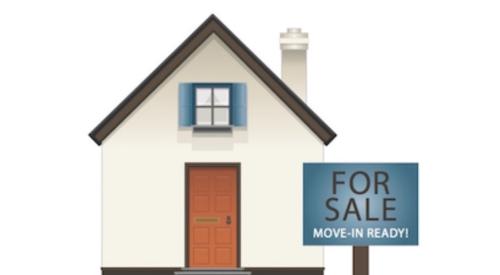Most companies we encounter overlook relationship value, the measurable things a company does to create “likability” between its employees and customers. Sure, you tell employees to treat customers with respect, and being personable is important, but is it enough? I usually like the people I like not just because they’re pleasant but also because they care about my well-being, make me laugh and have my trust.
What does your company do to foster likability? I believe that most companies lose satisfaction points because they fail to maximize their relationship value with customers. You can increase your company’s relationship value and score better on surveys with minimal expense.
RELATED
- Leading the Way to Better Customer Service
- Referral Factors: Deliver Exceptional Customer Service and the Referrals Will Follow
- 7 Reasons Why Customer Experience Must Be Your Obsession
The Power of Likability
People tend to buy from companies that have people they like, especially those who add value to the transaction above and beyond the cost of the goods and services sold. This added value is the relationship value, the bonds (both real and perceived) created among the customer, the company and the brand. This same principle extends to referrals. Customers who “like” the people and company they bought from tend to give high survey scores and generate referrals.
Although some large home builders toy with customer relationship strategies, most builders devote minimal effort to making the relationship itself valuable to customers. Many builders market the image of great customer relationships but fall short on delivering. Making customers more valuable to the firm by selling them more products and services does not count as relationship value.
Customers who “like” the people and company they bought from tend to give high survey scores and generate referrals.
Likewise, many home builders do a great job managing various transactions and encounters with customers, but this does not automatically create a relationship with value. In fact, most builders provide mere functional value, which lasts only as long as their homes meet customer expectations. True relationship value requires much more.
Wowing Customers to Differentiate Your Company
As I've discussed before, one of the best ways to solidify a customer relationship is to offer a unique product or service that differentiates you from your competitors. Although this wow factor reflects your ability to be original and special and can go a long way in creating relationship value, it’s rarely, if ever, enough. More often, true relationship value is created by connecting with buyers on a series of levels, such as offering information and guidance before, during and after construction; sending personal thank-you notes; and providing prompt, efficient solutions to their problems.
|
||||||||||||||
Creating Emotional Value
Many things that add relationship value aren’t finite wow factors anyway. Indeed, relationship value often comes down to emotional ties. Just look at the fanaticism that carmakers such as Saturn and DaimlerChrysler, with its Jeep and PT Cruiser brands, have created with owners’ groups and customer reunions. Likewise, many home builders that score high in customer satisfaction do so because of the emotional bond they create with customers.
Emotion is key in any attempt to improve relationship value, says James Barnes, professor of marketing at Memorial University of Newfoundland and author of Secrets of Customer Relationship Management. “The much more lasting form of value elicits an emotional response from customers,” he says. “It is less easily duplicated by the competition and generally contributes to less emphasis on price.
“The creation of such emotional value for customers is fundamentally different from the creation of functional value through price reductions, increased convenience and technology. Genuine customer relationships cannot be formed on the basis of functional value alone. Customer relationships require an emotional connection with the firm if they are to thrive.”
In short, relationship value is more than an emotive experience — it’s an emotive experience that centers on the company.
Delivering True Relationship Value
The Green Co. in Newton, Mass., enhances the value of customer relationships and maximizes relationship value by taking pictures of home buyers at the sale and of the home throughout the construction process and presenting a photo album to the homeowners at move-in. The company also created its Ambassador Program, in which potential customers meet current homeowners at prospect/customer wine tastings, dinners and other events.
To deliver true relationship value, builders must get to know customers as individuals — or at least market segments — so they can identify the best approaches for improving relationship value.
Be certain that anything you do to increase relationship value is executed well. The act alone won’t impress consumers, and a poorly executed task can backfire, especially if it disappoints on an emotional level. Instead of increasing relationship value, you might diminish it. That’s why it’s also important to measure the effectiveness of your relationship value efforts to make sure they’re working as intended.
Building relationship value comes down to thoughtful, truthful, caring communication. A home is the largest purchase someone makes, so emotions run high. When you look at enhancing relationship value, focus on eliminating unpleasant surprises and minimizing worries for the customer. How we make customers feel is as crucial as how easy we make it for them to deal with us.
Paul Cardis
paul.cardis@avidratings.com











